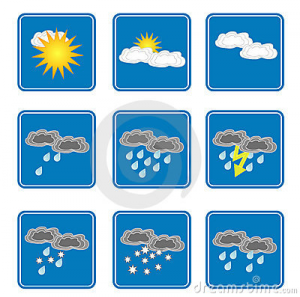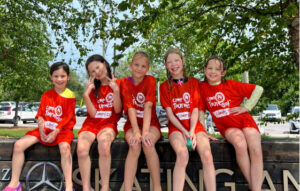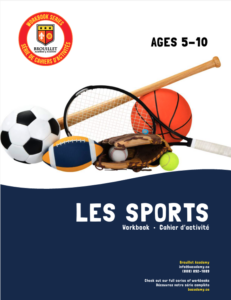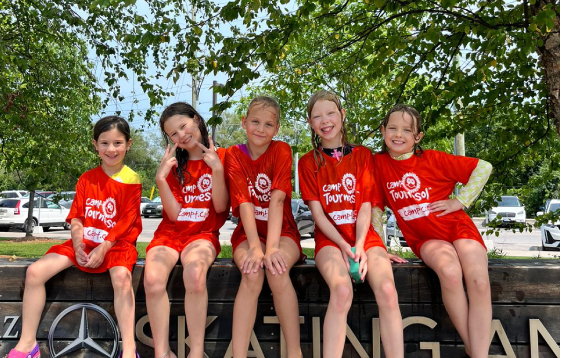In Ontario – with a common school calendar across the province – it is tempting to take advantage of the “off season” fares when travelling. Providing your child with priceless experiences such as discovering a new part of the world is a great learning opportunity that you can easily provide with a simple trip out of town! There is culture all around us!
Should your child bring homework on a vacation ?
There are many destinations and many reasons to choose specific dates for a trip. As teachers, we always prefer the students to be in class but we do understand that opportunities arise. Parents plan holidays to rest and change their routine, not to bring work with them on holidays. It is then unrealisti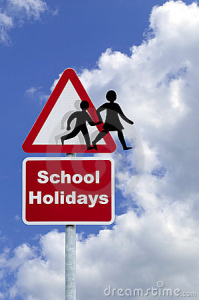 c to expect your child to take the time for homework, either. Is it really a good use of your time and the teacher’s time to ask for homework to bring with you when taking a vacation?
c to expect your child to take the time for homework, either. Is it really a good use of your time and the teacher’s time to ask for homework to bring with you when taking a vacation?
In younger grades, it is important to be at school the month of September when school routines are being established. Planning a trip later in the year will help your child feel part of the class right from the onset. This would still be important in junior and intermediate grades but by then, children are accustomed to their peers and school routines. In all grades however, it is important to be there the very first week, allowing friends to reconnect, especially in French Immersion where friends rarely live in the same neighborhoods.
Before leaving
Regardless of the destination, there will always be opportunities to compare our life here to the one of your respective destinations 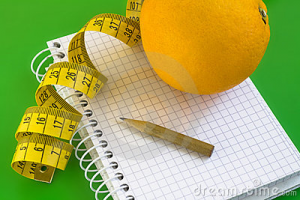 for vacations. Discussing price differences of different airlines or hotels with your child and even exchange rates for different countries is a good place to start. Let them help with the packing process and discuss what they should bring and what not to bring. All this does not have to be exhaustive, but casual conversations with basic facts that would be interesting for children. These real life skills are incredibly important!
for vacations. Discussing price differences of different airlines or hotels with your child and even exchange rates for different countries is a good place to start. Let them help with the packing process and discuss what they should bring and what not to bring. All this does not have to be exhaustive, but casual conversations with basic facts that would be interesting for children. These real life skills are incredibly important!
Keeping a journal
Keeping a journal is a great tool to help your child continue his/her learning journey. It is a good way to collect trip mementos while still incorporating academic learning through the act of writing and practising grammar and syntax. Using the opportunity of a trip is a great way to collect experiences and knowledge, even at the beach! When your day slows down, help and encourage your child to work on writing a journal or making a scrapbook to present to their class or even just for themselves.
For younger children, practicing their printing and grammar and in older children, expanding in details to describe their discoveries and thoughts, helps with their analytical and overall ability to write and express their thoughts.
Once there: weather/ currency/ maps / landmarks
Once you arrive, graphing the daily temperatures and updating it often is a good link to Mathematics classes. If you push a little more, comparing it to the weather and temperatures at home is another good activity. You can also ask them to pay for items and calculate the change they should receive as well as the corresponding cost in Canadian dollars. Show them how math really is used in everyday life!
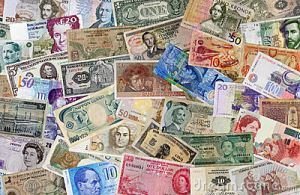 Looking at the cost of souvenirs and the value and type of money in the country is also a good aspect to discuss. Giving a set amount to your child to manage for buying his or her personal souvenirs would allow them to do some budgeting and calculations and train them for their future finances.
Looking at the cost of souvenirs and the value and type of money in the country is also a good aspect to discuss. Giving a set amount to your child to manage for buying his or her personal souvenirs would allow them to do some budgeting and calculations and train them for their future finances.
If you take tours or visit touristic landmarks, taking a pamphlet and looking at the map is a good link to the social sciences skills developed through the High School. Maybe even let your child decide the itinerary based on the map. See where the adventure leads you!
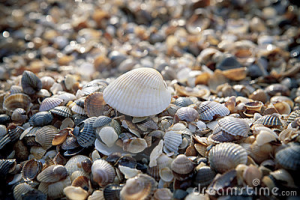 If you are at the beach, looking at the colours, textures and shells – compare or measure or classify is also practicing some math skills! Observe different species of fishes if you are snorkeling or that you find at the fish market. It would be a great start to writing a paragraph at the end of the day and to look at the nature in the visiting country.
If you are at the beach, looking at the colours, textures and shells – compare or measure or classify is also practicing some math skills! Observe different species of fishes if you are snorkeling or that you find at the fish market. It would be a great start to writing a paragraph at the end of the day and to look at the nature in the visiting country.
Try to Engage in conversation with hotel staff or others tourists on holidays and discover the language they speak, where they live, their school system, their favourite local food. This will provide a fantastic learning experience for your child… You might even find someone who speaks French and your child can show off their skills!
Related articles
“Education Department: No Term-time Holidays for Students.” The Conversation. Accessed April 19, 2015.
“Kids Missing School for a Family Vacation? – Today’s Parent.” Todays Parent. December 07, 2014. Accessed April 19, 2015.
Taking Kids Out of School to Travel. Accessed April 19, 2015.


